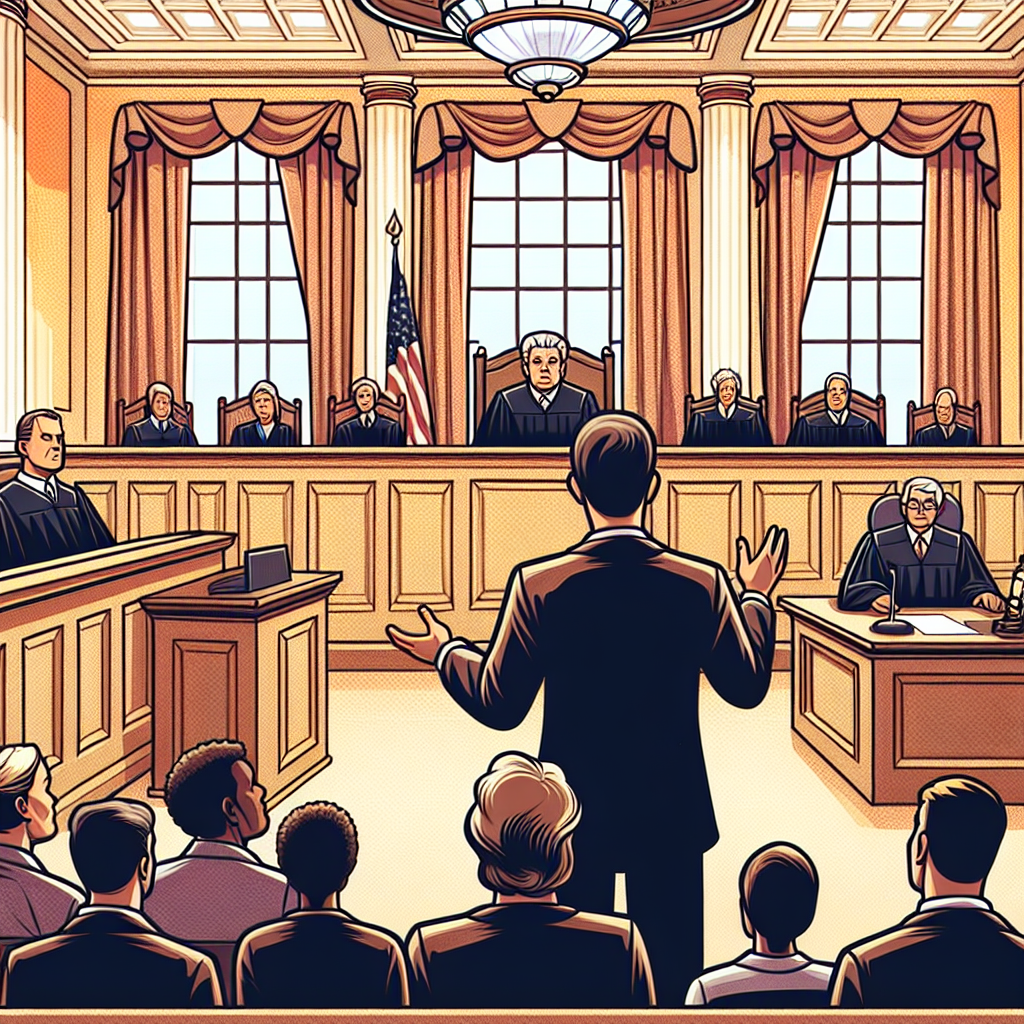Supreme Court to Rule on FCC's Universal Service Fund Legality
The U.S. Supreme Court is set to determine the legality of the FCC-operated Universal Service Fund, which supports telecommunication access. Challengers argue Congress unlawfully delegated its authority to the FCC, raising constitutional questions. A decision is expected by June, impacting broadband expansion efforts across the U.S.

The U.S. Supreme Court has agreed to review the legality of a congressionally authorized fund managed by the Federal Communications Commission (FCC), aimed at expanding telecommunication services. The challenge questions whether Congress unlawfully delegated its revenue-raising authority to the FCC, a federal agency.
In 1996, Congress approved the Telecommunications Act, enabling the FCC to oversee the Universal Service Fund, which collects around $9 billion annually to support phone and internet services, particularly in rural and underserved areas. The case has sparked significant legal debate, examining the non-delegation doctrine.
The Supreme Court, dominated by a 6-3 conservative majority, has recently limited federal regulatory power in various rulings. The pending decision, expected by June, could have far-reaching effects on telecommunication service distribution and federal agency authority.
(With inputs from agencies.)
ALSO READ
Supreme Court Deliberates on Hawaii's Gun Control Law: A Constitutional Conundrum
Supreme Court Mulls Over Hawaii's Gun Law Amidst Constitutional Debate
Congress Protests Against BJP at Kolkata's Election Office
Odisha Congress Protests: Denied Access to Governor Over MGNREGA Memo
Governor's Walkout Sparks Constitutional Debate in Tamil Nadu










